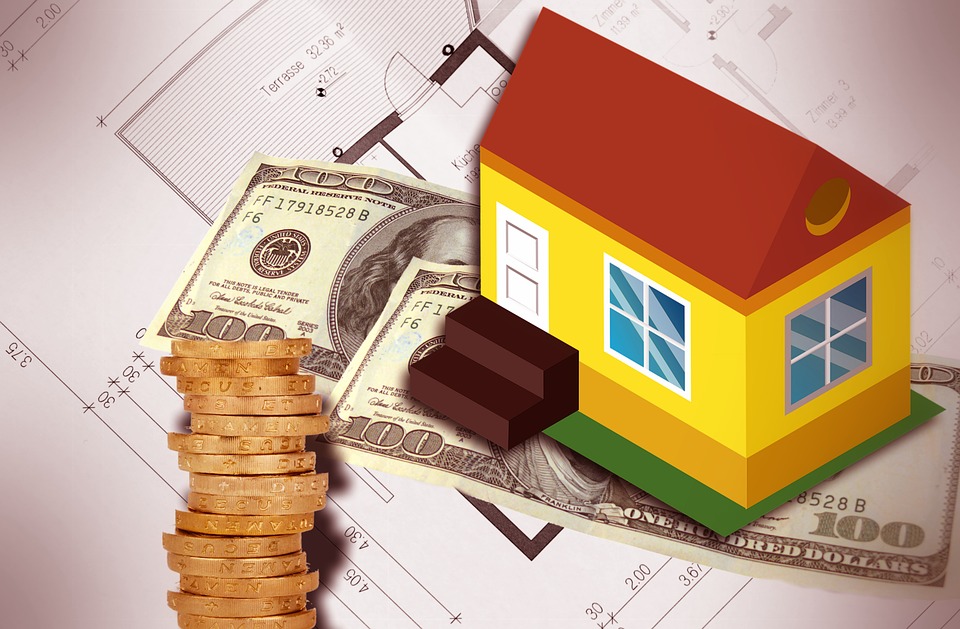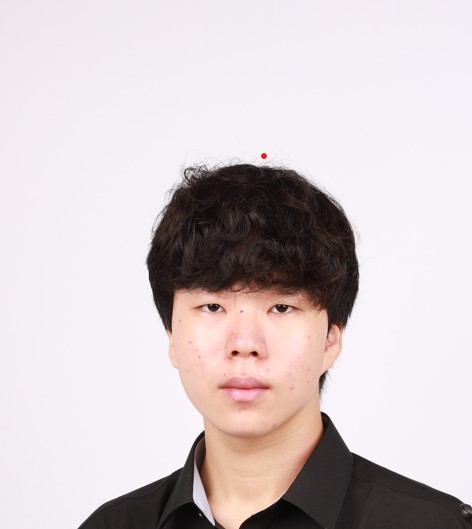
As the 20th presidential election of Korea approached, the solutions of two candidates with the most approval rating to stabilize skyrocketing house prices and mall lease in metropolitan areas. have gathered the attention of voters.
Considering that fluctuating, unpredictable house prices has been a major area of concern , people's attention was directed on the presidential promises of two highest support rated candidates’ claims regarding this sector.
Their claims state that they are able to stabilize the house price and real estate market.
According to Korea Statistics, the house price for the year 2021 June was set as 100, the domestic house price was set at 1999 was 45.8, and the house price of the metropolitan area was 38.9.
This reveals the fact that domestic house prices have more than doubled and metropolitan house prices have almost tripled.
In conjunction with this fact, the percentage of the population among ~39 years old that has their own house decreased from 41.3%(2006) to 12.8%(2019).
These statistics show why the issue of skyrocketing house prices has emerged as an important social discussion, especially for the population under the age of 40.
Candidate number 1, Lee Jae-myung from Democratic Party of Korea (DPK), mentioned the extra production of 3.11million housing, implementation of residential area that can have a maximum 500% of floor area ratio -(which indicates that the total sum of every floor area of building can be five times higher than the base ground area-), as well as lower house prices of public apartments.
According to Hyeongki Hahm of KMLA department of economics, the main factor attributed to the increasing rate of house prices is the fact that there is a shortage of houses in metropolitan areas.
However, because candidate Lee is only able to produce 40,0000 public houses in metropolitan areas, it seems unlikely that there would be a significant effect on lowering house prices.
There is also a high possibility that this approach might backfire and have an unintended negative effect as increased maximum floor ratio allows higher apartments and hence increase the apartment prices.
Candidate number 2 ,Yoon Suk-yeol from People Power Party (PPP), promised to produce 2.5 million housing units, lower the price of 30% of private house rents to ⅔ by giving tax advantage to private renters , and deregulate the floor area ratio of maximum 500% for private reconstruction business in station influence areas.
According to an interview, candidate Yoon promised to supply 1.3 million extra housing to metropolitan areas, which is relatively higher than candidate Lee., However, considering the fact that private businesses takes a bigger part of supply, a detailed policy and solution is required to prevent private businesses increasing the price of newly supplied housing for their profit.
And because candidate Yoon is also proposing an increase of floor ratio test, there is a higher risk of backfire when he is dealing with semi-residential areas that can also include store rents that have higher turnover rate than house rents.
He also mentioned that because the average housing charter is 411.55 million Won, in order to lower the price of the charter to its ⅔, the tax advantage should be higher than 137.183 million Won.
Therefore, transparent mechanisms to prepare such an amount of budgets are needed.
Analysis from Yuanta securities tells that both candidates lacked details that shows the realisticness of their promise., Despite this fact, candidate Lee, comparatively, had more considerable variables, such as the positiveness of private construction companies and the incentive that profit-oriented suppliers have, which seems to be the motive behind why most of the people, especially people in metropolitan areas have voted for candidate Yoon.

Taehoon Kim
Grade 11
Korean Minjok Leadership Academy

